
CCN logo
Search for:
Search
Marketcap
Prices
ICO Calendar
Bitcoin
Ethereum
Litecoin
Altcoins
Learn
Advertise
Contact
© 2018 CryptoCoinsNews. All Rights Reserved.
1.09% $8,912.38
ZCL
ZCLASSIC
+25.09%
$1.71
MNX
MINEXCOIN
-9.23%
$1.84
BITCOIN ECONOMICS APRIL 22, 2018 18:34
What’s Next for Cryptocurrency? Distribution of Power
M&Ms Bitcoin price Altcoins
Join our community of 10 000 traders on Hacked.com for just $39 per month.
Advertisement
On this third and final piece about different cryptocurrency purposes and the role education plays in regulation, I aim to discuss why the concentration of power among cryptocurrency holders will dictate how bitcoin gets adopted. My expectation is that whatever I write makes you think on how could power be better distributed.
Hopefully, I’ve saved the best for last!
–this article shouldn’t be taken as financial advisement as it represents my personal opinion and thoughts. I have savings invested in cryptocurrency so take whatever I write with a grain of salt. Do not invest what you cannot afford to lose and always read as much as possible about a project before investing. Remember: you’re always responsible for your own money—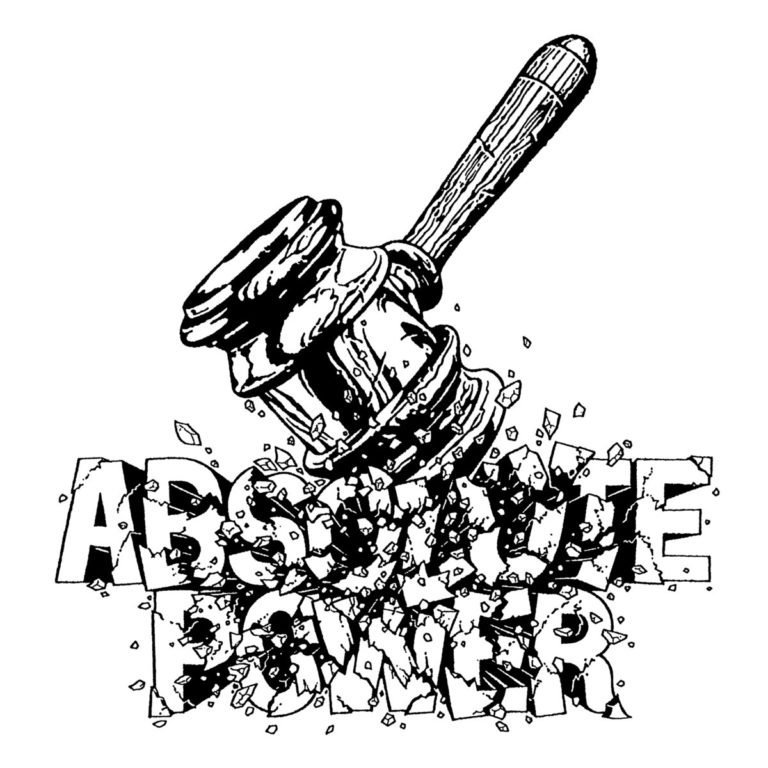 As a starting point, I think it’s important to understand that power structures come mostly from how organizations are formed. Firstly we need to understand there are two dimensions within the organization: infrastructure and governance. Infrastructure represents how data is distributed while governance represents how decisions are made.
As a starting point, I think it’s important to understand that power structures come mostly from how organizations are formed. Firstly we need to understand there are two dimensions within the organization: infrastructure and governance. Infrastructure represents how data is distributed while governance represents how decisions are made.
Centralized organizations probably still represent 99.9% of all existing ones, I admit, but the shift did not happen sooner because the incentives weren’t there. I mean, they were there, but highly limited. A clear example of how only the right incentives have the power to overcome centralized structures is Wikipedia. On its early days no one would thought Wikipedia could ever become one of the most (if not the most) trusted source of information out there. The shift happened when people realized anyone could actually contribute to it.
If the information provided by the authors was accurate after being peer-reviewed, they would be seen as trusted sources among their community. How did the market react? Wiki’s main competitor, Britannica, became less trustworthy because it couldn’t compete with the power of a network, which grows at the pace of the square root of its users. As more and more tech giants go into a centralized distributed model, where data is spread across many servers and regions redundantly, data ownership problems start to arise. The Cambridge Analytica scandal was only the first of many that will come in the future. The key here is to understand that distribution without decentralization is pointless for the end user benefit. This subject is quite complex and I highly advise you to do your own research, however, for this article’s purpose I will focus on crowd organizations, as for decentralization to happen effectively, it requires a high degree of distribution and incentives. Before moving into how different incentive mechanisms have different effects in centralization/decentralization, If you really want to dive deep see this great presentation on crowd organizations as the authors Joana Pereira, PhD, Gianluigi Viscusi, PhD and Chris. Tucci, PhD (who worked on the early 80’s internet protocols) are academic experts on the matter. My intake will be the following:
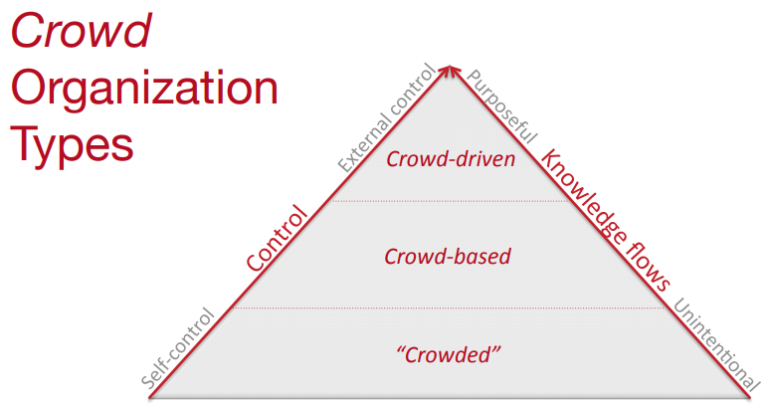 Look at the picture and extrapolate which type of Crowd organization you would rather see applied to cryptocurrencies in general. Personally speaking, I believe Crowded organizations are the ones which better represent the original Bitcoin vision. Different organization types have different effects on the network, so remember that one vision is not better or worse than the other, just different.
Look at the picture and extrapolate which type of Crowd organization you would rather see applied to cryptocurrencies in general. Personally speaking, I believe Crowded organizations are the ones which better represent the original Bitcoin vision. Different organization types have different effects on the network, so remember that one vision is not better or worse than the other, just different.
For our analysis, I’m going to have some fun and tweak a little bit the previous image, just to explain you what I think happens with blockchain systems.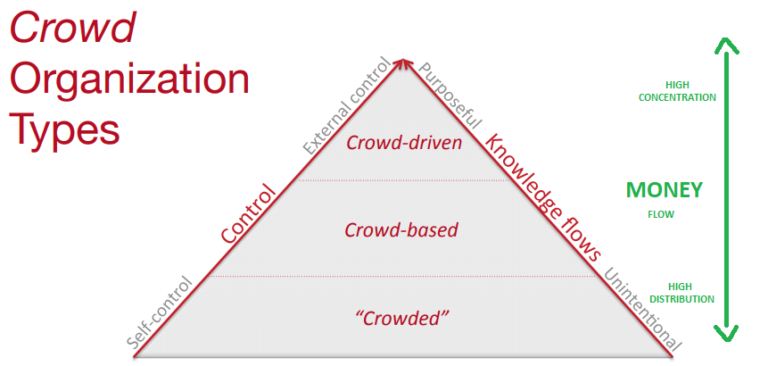 The more decentralized, the higher the chances of money being more effectively distributed
The more decentralized, the higher the chances of money being more effectively distributed
Please understand that for money distribution to be effective on the blockchain, it must respect bitcoin’s purpose: to create an equal, trustworthy and consensual peer-to-peer network of money.
–note I did not mention efficiency. That’s purposeful, as no blockchain is currently as efficient as traditional legacy payment systems. Having that said, this is a feature of the blockchain, not a bug. Caring more about being effective than efficient is a first step to a better distribution of power–
Crowded organizations can be defined as: I think the blockchain fits incredibly well onto this description, wouldn’t you agree?
I think the blockchain fits incredibly well onto this description, wouldn’t you agree?
The first ever internet money system created obviously had to have gamification applied. That’s what bitcoin is for! The incentive or reward for users who play according to the rules.
Besides governance, what else could dictate how effective adoption is?
INFRASTRUCTURE
To understand why decentralizing infrastructure is one of the most important aspects of the next few years, we also have to comprehend who, at the end of the day, owns the internet. The most common answer is Google or Facebook, however i would like to challenge that.
Who owns the internet?
 In my humble opinion, ISPs do. This is, Internet Service Providers control internet traffic and because of the brilliant CLOUD Act they will be able to do whatever they want. This is, if your company pays more you get premium bandwidth access.
In my humble opinion, ISPs do. This is, Internet Service Providers control internet traffic and because of the brilliant CLOUD Act they will be able to do whatever they want. This is, if your company pays more you get premium bandwidth access.
Websites like facebook, amazon, google, netflix will run even faster, as non-profit organizations, small companies and whoever doesn’t have big enough pockets to compete won’t be able to pay for proper bandwidth allocation, meaning potentially slower websites. Welcome to the future.
There is no right or wrong. It’s more about ideals than anything else. Personally speaking, it’s much more comfortable to have faster HD streaming by discarding the right to Internet Neutrality, than waiting for decentralized stable infrastructures to take the place of the actual tech kings.
Fortunately, I was taught better.
The key point in cryptocurrencies is to have decentralized infrastructure, governance and consensus. Only that way rewards can be better distributed among participants. Any centralized cryptocurrency will benefit the few and not the many. Looking at bitcoin mining it seems to be pretty centralized at first glance, but we need to take into account the initial costs of investing in mining equipment are quite high; the other option we have is to trust in completely centralized infrastructure.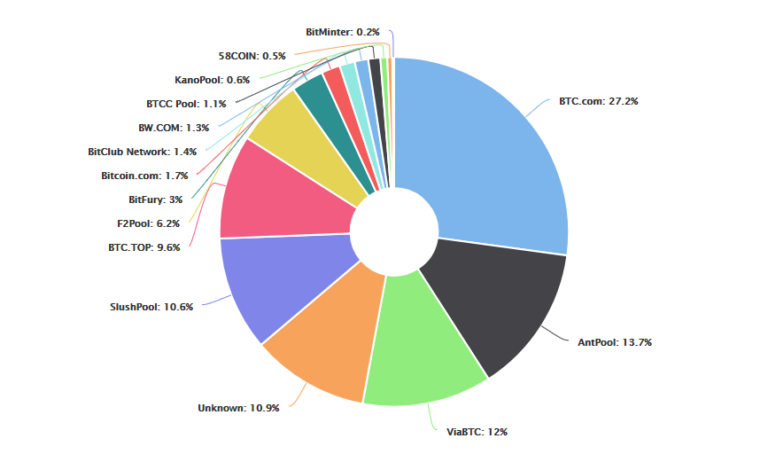
From an investor stand-point this argument is not that important. Price and volume matters the most. But if you do believe in this technology and benefits, at its core, then you’ll see how rewards can be better distributed if they’re evenly given to all participants. If a network has un-even consensus rules regarding distribution of rewards, then it does not seem logical all participating agents have the same probability of achieving the same level of power in the network.
In order achieve a more effective distribution of money an initial proposal is to find a reward mechanism that can give more to initial participants, but at the same time, balance rewards pay-out, so that people who come late to the network still have an incentive to join. This is, if an incentive mechanism can be built, where late participants have an extra incentive to participate, it might help the whole network to grow. If we care less about protecting rewards of users who are already in the network, then I see incentives working in the following way:
Incentives are distributed among the initial network users;
Incentives are tweaked in order to attract more users, in a way that the new users have a better reward pay-out then older users.
Older network users don’t need tending, because their incentive is connected to their stake. The higher the stake, the higher the incentive to stay.
—i already see some flaws with the above logic, like (a) not protecting rewards pay-out for first-movers could have an adverse network effect; or (b) currency stability would be affected in a sense the incentive for holders would be to constantly sell. But if those problems were solved, who knows?–
GOVERNANCE
Trusting more than a single party of individuals to decide on the behalf of the majority may be a better solution than we think. Consider the following: in the bitcoin community, consensus rules take a long time to change, because changing those means changing the protocol (as it happens with any Democratic system, bureaucracy or time wasting is greatly appreciated). Consensus simply means that whenever developers update the code (via a soft-fork or hard-fork), miners will follow the new rules by updating the state of their network, to match the newly updated version of the blockchain. Isn’t it expected major changes need much consideration and testing, before being implemented? The true democratic vote happens when there is a change to which a great deal of the community doesn’t fully agree with; it leads to a separation of the ledger and a new coin is created.
Again, this isn’t a bug; it’s a feature. If the above reasons weren’t enough to convince you about the decentralized nature of bitcoin, users at the end dictate how features get implemented, because they’re the ones with the power to decide which version of bitcoin they prefer. Imagine if every time Facebook did an update, you weren’t forced to use the new version. Instead, multiple version of Facebook would exist at the same time, with the same information up until the breaking-point: when Facebook 2.0 database detached from Facebook 1.0 and so on. In this case Facebook gets to decide which version each of us uses. The same does not happen with decentralized cryptocurrency because if you prefer a different version of the blockchain, then by all means use that version! If you move your bitcoin funds into a different version of the bitcoin network (like BitcoinCash or BitcoinGold), then you made a choice to use a different version of the blockchain protocol, bitcoin. Congratulations, that’s freedom of choice at its best. Right now anyone with some programming skills can create their own version of how money should be. I really don’t know how it can get better than that!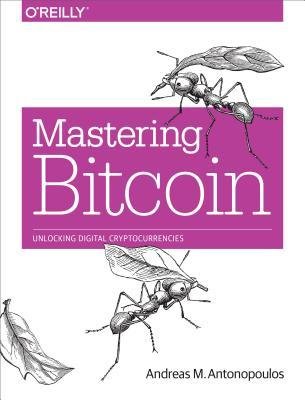
Of course absolute freedom can hurt the system. If we don’t reach a consensus, as a global community, on a common framework for coins to be used and accepted by most people and businesses, then none of them will hold any value. When a new bitcoin version appears, it takes part of the infrastructure with it. Meaning, bitcoin becomes weaker. But that is what happens with decentralization, right?
Power shifts from the center to the edges. For cryptocurrency I believe that means, in the long, long term, there won’t be one coin to rule them all. If most things in life are double-edge swords, why would decentralization be any different?
“You’re saying Bitcoin will continue to lose its market cap dominance, is that it?”
That has been happening since other cryptocurrencies have emerged, but to be very honest, that’s not really the important question. When bitcoin was created its purpose was to be used as money, but if we have very limited ways of accessing it, like buying or mining bitcoin, then distributing it more evenly will be a problem.
How could we, potentially, solve this puzzle?
FREE MONEY!
Nothing comes for free, much less money. But now that I have your attention, there’s a way we could distribute money instead of selling it. If you think some cryptocurrency startups are already doing that, like Bitclave or Steemit, then I must remind you it is only the beginning. For the overall mentality to start shifting from “making brutal profits” to “making brutal profits and distributing them evenly among users”, the right set of incentives must be created. Paying directly to your favorite content writers, or receiving tokens for giving your data seems to be a nice way of starting up, but I would like to take this concept a step further:
When companies start to fully utilize tokens for all means of exchange, like for example, distributing them to each and every agent who interacts with their business, not only investors, employees and users, but also suppliers and customers, creating a network of value for everyone. Because tokens are easily exchanged for other cryptocurrencies, they could potentially be used as money.
This is, decentralization may also bring a different approach to how work develops. Instead of having just jobs, you can fully utilize your skill-set. I’m not saying full-time jobs will disappear, that’s crazy, but for those who prefer freelancing, it will be considerably easier to get paid as most tokens are easily exchanged for any other cryptocurrency. Even for people with full-time jobs, using skills off-work and getting financially compensated for it, will be just another Monday. Don’t mix this concept with gigs or the smart-job economy. My proposal is that instead of being screwed over on your data monetization constantly, we all make money out of everything that we do.
When you think of UBI, you weren’t expecting it could come from the free-market, right? Well, it can. If you create a cryptocurrency which entitles any member of your society to receiving it, based on a set of parameters you define, then you’re basically distributing income freely.
If ideas like the Cicada project, which aims at creating a better way of distributing money, start to get traction and support, then I see no reason for people to reject the concept money cannot be given in return of something other than your labor. Maybe it’s your attention, maybe your good values, maybe it’s your data; whatever it is, I will most definitely support it.
With the right set of rewards and punishments money could be effectively and evenly distributed among all members. If this tokenized business model starts to spread and users get fairly rewarded for their data, attention, time or skills, isn’t that a better deal than the one we currently have?
Share your comments, opinions and thoughts!
Source: https://www.ccn.com/whats-next-for-cryptocurrency-distribution-of-power/